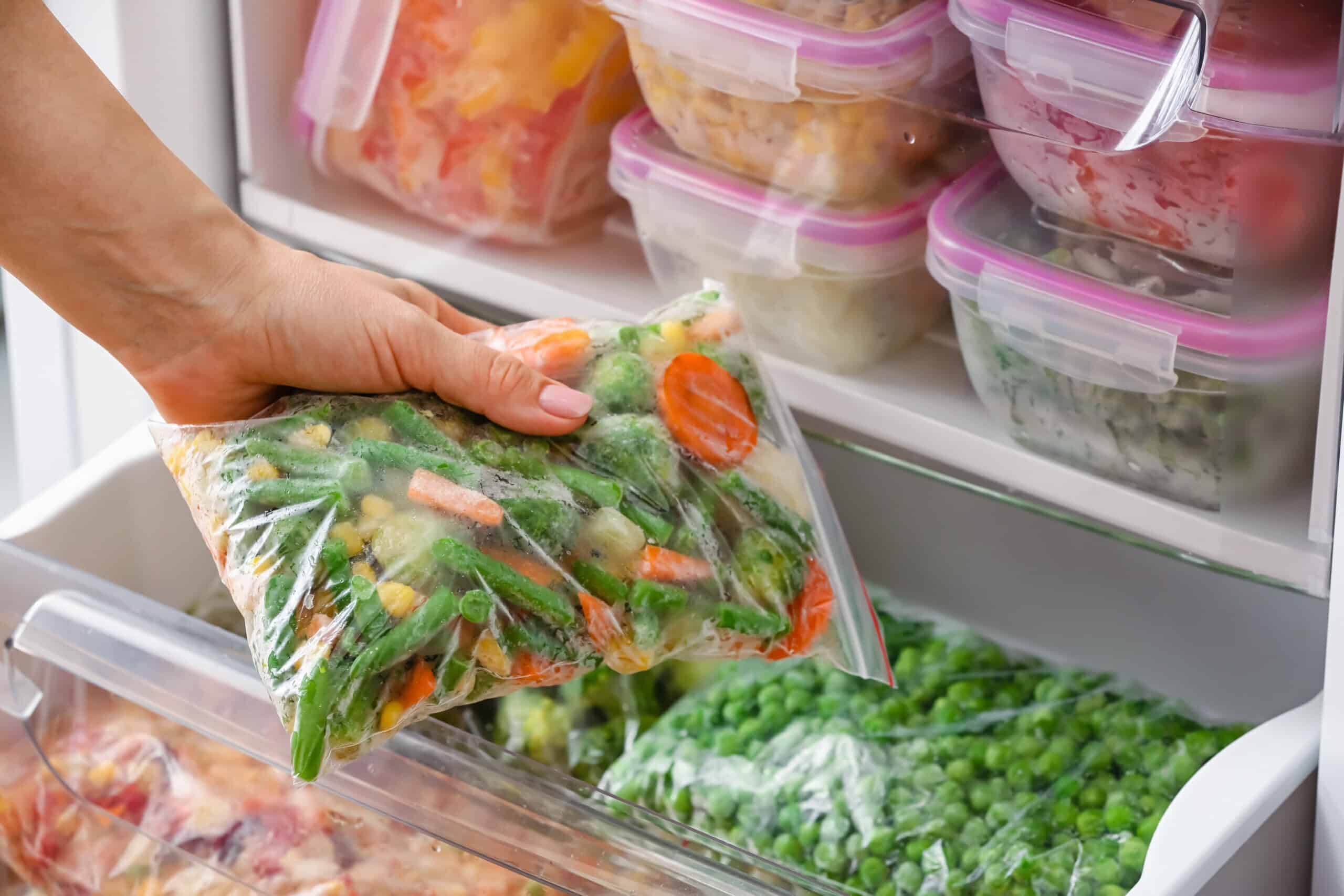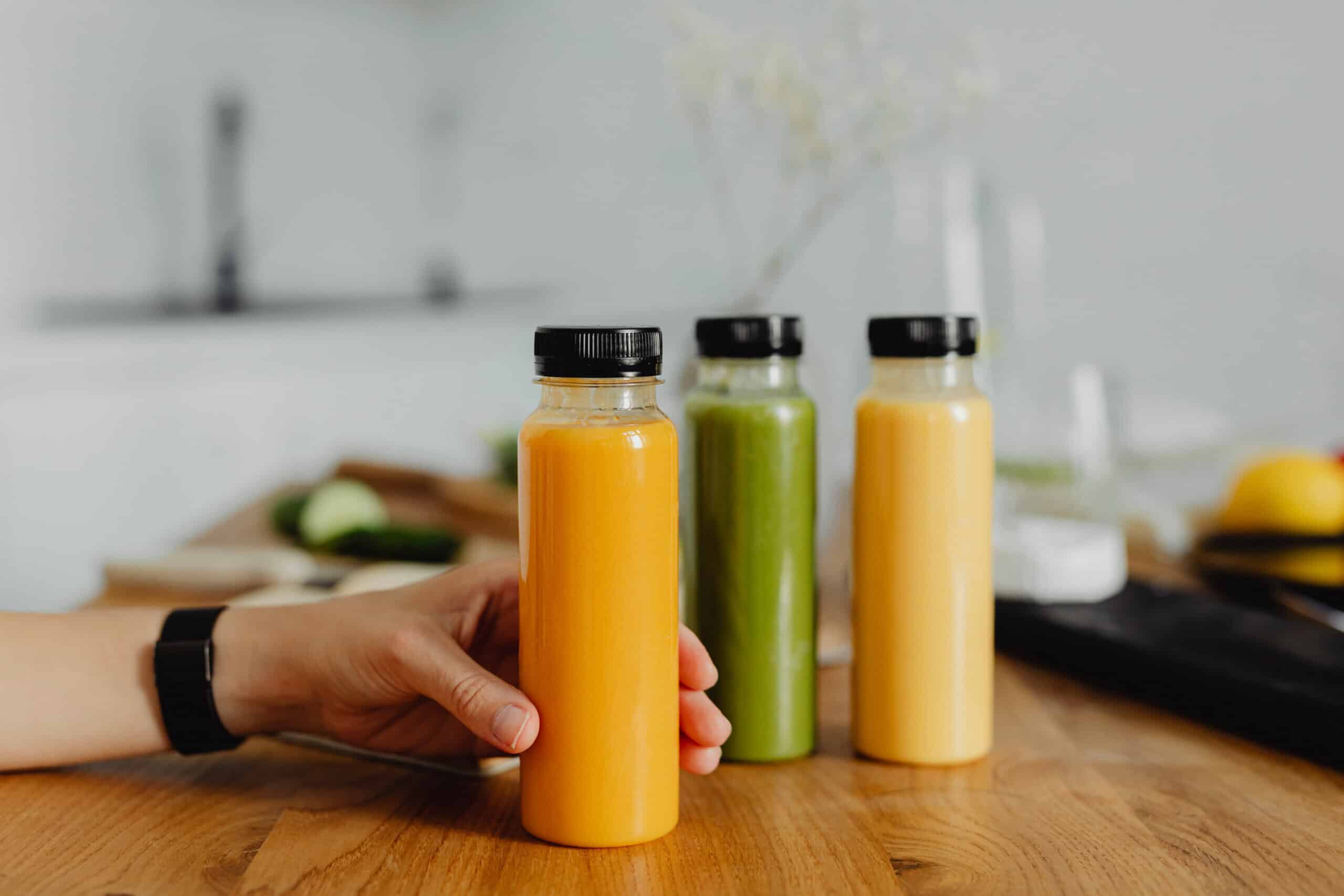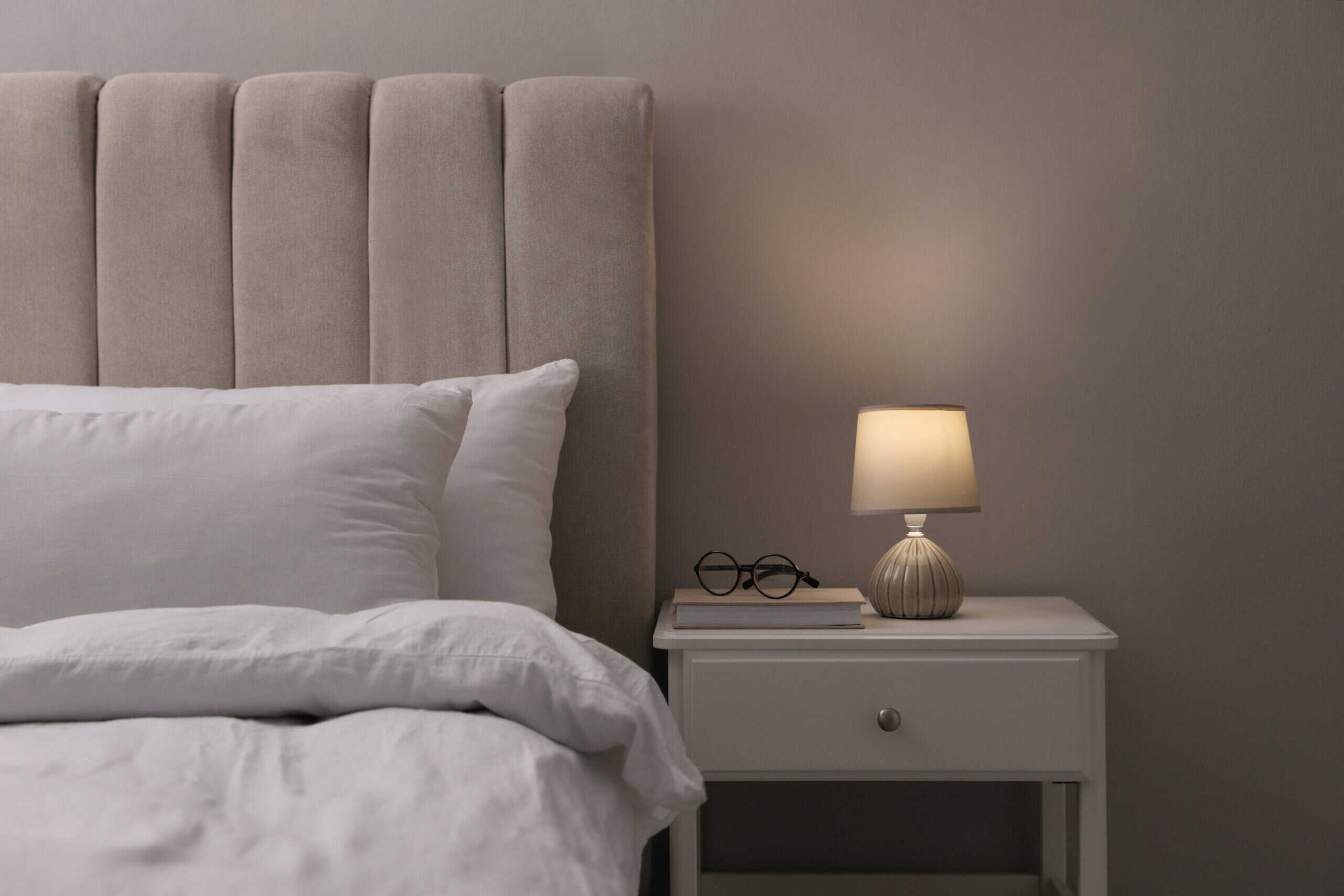How To Clean Up Your Sleep Hygiene and Support Your Immunity
The next few weeks and months are going to be tough for most of us. That is why it is so important to look after your health and not succumb to the urge to binge on junk food and box sets.
The best way you can protect yourself and your family is to eat well, sleep well, do regular exercise and manage your stress. If you are overweight or having raised blood sugar levels then this might be the time to address those issues as we know that both factors put you at greater risk from Covid-19.
One of the simplest ways to look after your health from the inside is something most of us quite enjoy – sleeping! However, not all sleep is equal, so setting yourself up for a good quality rest is just as important as ensuring you get enough of it.
How does sleep relate to immunity?
When you are in your deepest parts of sleep, your body is busy repairing. Think of it as your body patching up all of those unfinished DIY jobs around the home in order of most to least vital. For example, your pituitary gland will help cells grow and repair by secreting more growth hormone.
If you don’t get enough of that restorative deep sleep, your body will make less cytokines – a protein that regulates your immune system. If you’ve ever felt tired and run down and caught a cold shortly afterwards, your lack of sleep may be the culprit. Cytokines help the body fight infection, so if you’re not producing enough of them, you could be making yourself more susceptible to catching colds (and potentially diseases like the flu, even if you’ve been vaccinated against them).
What’s this got to do with hygiene?
Sleep hygiene isn’t about making sure you’ve had a bath or shower before bed (although studies have shown a warm bath or shower an hour before bedtime may help you fall asleep and stay asleep). Rather, sleep hygiene is putting good habits in place throughout the day to optimise the amount of time you spend in that all-important deep sleep come bedtime.
Here are some simple measures you can start implementing today to not only feel more rested, but protect your immune system during times when it is perhaps a little more compromised than usual.
Set-up your bedroom for sleep
- Get the TV out of the bedroom!
- Don’t have your phone within arm’s reach, such as next to the bed. While blue-light blockers are all the rage, the argument for keeping your phone away is actually more for distraction sake. The blue light levels produced by your phone is too low to do much damage, but if you’re distracting and exciting your brain with a device when it needs to be quiet and relaxed for sleep…your sleep isn’t going to be quality rest.
- Dim the lights. Really bright lights inhibits melatonin production, a hormone that helps your brain prepare for a good sleep. In the evening, opt for dim lamps and candles (how romantic!).
Eat to sleep
- One of the key principles of The Fast 800, Time Restricted Eating (TRE), lends itself well to getting a good night’s sleep. Ideally, you’ll have finished your last meal of the day at least three hours before you go to bed. Then, you fast for 12, 14 or 16 hours before eating again. The reason for this is that, driven by your circadian clock, your body temperature naturally falls before bedtime, which helps to trigger sleep. If you’re eating too close to bedtime, the increased digestive activity will see your temperature stay high, therefore not signalling to your body that it’s time to snooze.
- Eat plenty of fibre throughout the day. Fibre-rich foods feed the ‘good’ bacteria in your gut, which produce chemicals that help to reduce inflammation, stress and anxiety. These gut bacteria, which live in your gut’s microbiome, are also key in training your immune system. If you haven’t got enough of the right sort of bugs thriving in your microbiome, you are at much greater risk of threat to your immune system.
- To feed your microbiome with lots of fibre, you should also work on having a healthy balance of gut bugs in the first place. In a study published in October 2019, researchers tested the sleep patterns of men over the course of a month, along with regular samples of their poo. The results showed a clear correlation between having a diverse microbiome and having a better quality sleep. One way to top up your good bacteria is through live, probiotic foods, including yoghurt and fermented foods like kimchi, sauerkraut, kefir and miso.
A robust immune system helps you feel your best and keep others around you healthy, too. Getting a really great sleep is one of the most enjoyable ways to boost your immunity, so try building these new habits into your routine and, of course, stay well!









